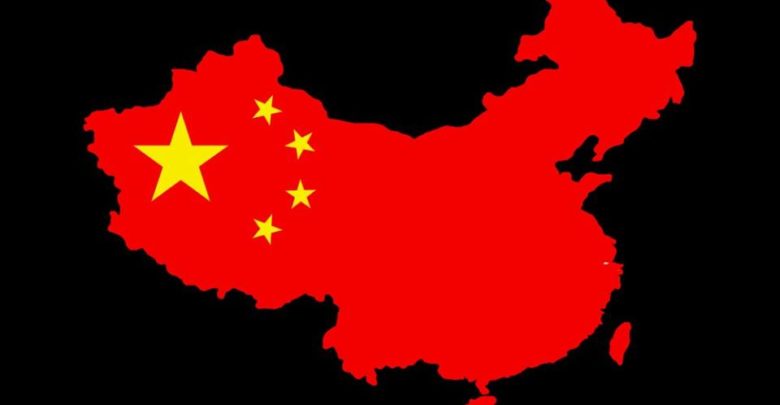التوجه شرقاً.. استراتيجية إيران الجديدة : دراسة تحليلية نقدية لاتفاقية التعاون المشترك بين الصين وإيران
Going east ... Iran's new strategy : A critical analysis study of the joint cooperation agreement between China and Iran

اعداد : محمود البازي/ باحث دكتوراة حقوق/ كاتب ومحلل سياسي متخصص بالشؤون الإيرانية
- المركز الديمقراطي العربي
- مجلة مدارات إيرانية : العدد العاشر كانون الأول – ديسمبر 2020 المجلد 3, دورية علمية محكمة تصدر عن #المركز_الديمقراطي_العربي ألمانيا –برلين” .تعنى بالشأن الإيراني داخليا واقليميا ودوليا.
-
فصلنامه مدارات إيرانية فصلنامه أي علمي از طرف مركز دمكراسي عربي برلن منتشر مي شود.
للأطلاع على البحث “pdf” من خلال الرابط المرفق :-
الملخص:
يجري الحديث اليوم في داخل إيران وخارجها عن اتفاقية تعاون مشترك بين الصين وإيران لمدة 25 عاماً. إلى لحظة كتابة هذه الورقة، لم تتضح كامل معالم هذه الاتفاقية وبنودها، ولكن النقاش حاد حول هذه الاتفاقية، بين مؤيد ومعارض، وبين من يصفها بأنها اتفاقية استعمارية لبيع مقدّرات إيران وثرواتها. يتفق الجميع على أنّ إيران اليوم تمرّ بمراحل صعبة على المستوى الاقتصادي والمستوى المعيشي، نتيجة سياسة الضغط بالحد الأقصى التي تمارسها إدارة الرئيس الأمريكي دونالد ترامب ضد طهران، ولعل هذه السياسة هي أحد الأسباب التي دفعت طهران لإيجاد حلول بديلة، في محاولة لإنعاش الاقتصاد الذي أرهقته العقوبات من جهة، وجائحة كورونا من جهة أخرى.
ترّكز هذه الورقة على فرضية مفادها بأنّ الوضع الاقتصادي الهش لإيران نتيجة العقوبات الاقتصادية لا يؤهلها لإن تدخل في اتفاقيات استراتيجية طويلة الأمد مع الصين، وذلك بسبب وجود العديد من الانتقادات الواقعية والمحقة والبعيدة عن التحزبات، لمثل هذه الاتفاقية. لعلّ أبرز هذه المخاطر والانتقادات هو الاختلاف في مراكز الأطراف المتعاقدة والذي قد يدفع طهران إلى تقديم تنازلات تضر بالأمن القومي والاقتصادي على المدى البعيد.
Abstract
Today, there is talk inside and outside Iran about a 25-year joint cooperation agreement between China and Iran. Until the moment of writing this paper, the full features and provisions of this agreement were not clear, but the debate is intense about this agreement, between supporters and opponents, and between those who describe it as a colonial agreement to sell Iran’s assets and wealth. Everyone agrees that Iran today is going through difficult stages at the economic level and the standard of living, as a result of the maximum pressure policy practiced by the administration of US President Donald Trump against Tehran, and perhaps this policy is one of the reasons that prompted Tehran to find alternative solutions, in an attempt to revive the economy that has been exhausted by sanctions. On the one hand, and the Corona pandemic on the other hand.
This paper focuses on the hypothesis that Iran’s fragile economic situation as a result of economic sanctions does not qualify it to enter into long-term strategic agreements with China, due to the presence of many realistic, righteous and nonpartisan criticisms of such an agreement. Perhaps the most prominent of these risks and criticisms is the difference in the positions of the contracting parties, which may push Tehran to make concessions that harm national and economic security in the long run.




